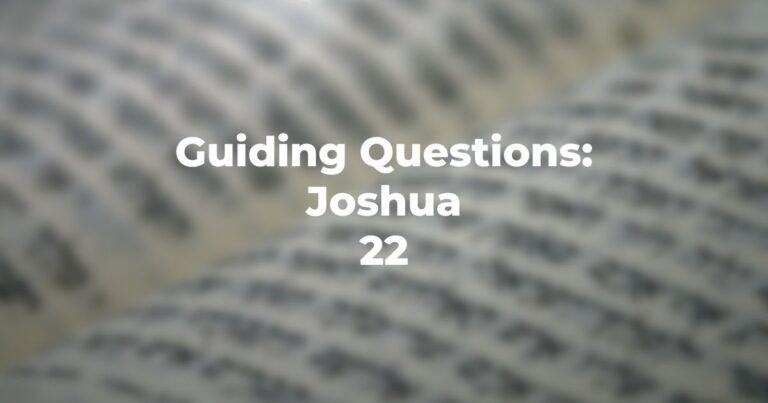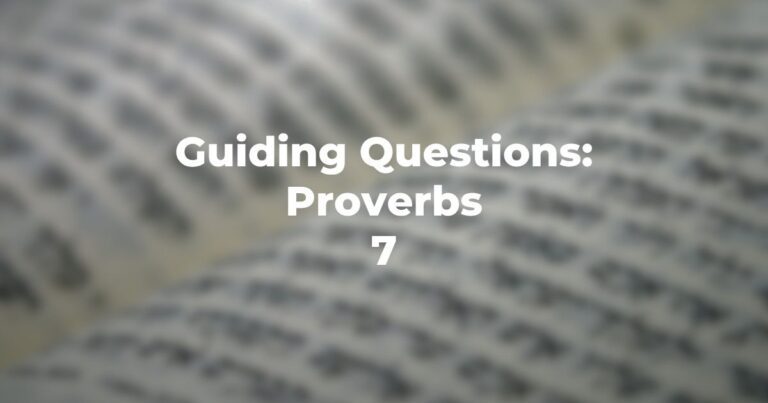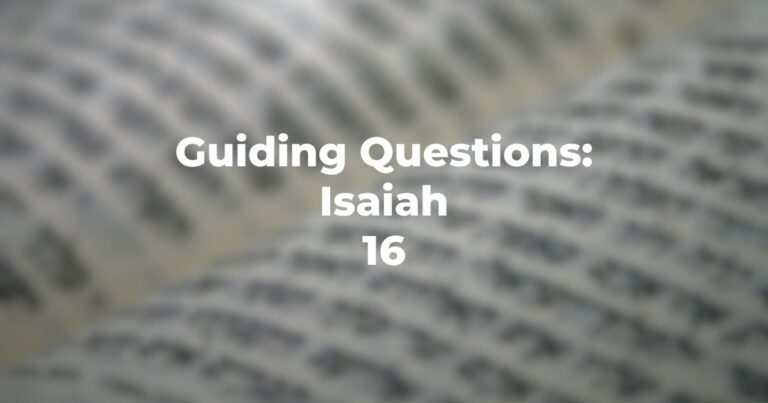- Are women given the right to present a claim to Mosheh?
- Is there any special preparation that women need make for such “approaching” (Numbers 27:1-2)?
- Do the women kneel before Mosheh or do they stand?
- Do they apologize for wanting to do something “not quite acceptable?”
- Is Mosheh either surprised or upset that they are approaching him?
- Are women permitted near “Ohel Moed?”
- Does anyone tell them “be gone” or send a male representative?
- What would have happened if they had had brothers?
- What do B’not Tzlafhad say of their father?
- What do they want?
- Has anyone asked this question before?
- From whom (or what) does the instruction come?
- Does “property” inherit property or do people inherit property?
- Does this incident teach that women are equal in all respects according to the Brit legislation?
- Aside from what this teaches about women, what does it teach about family name and family continuance?
- Does text, then, teach that the Brit notion of tzedek is not delimited to the male?
- And does text also teach that obsequiousness in legal process is no more expected of the female than of the male?
- How does text indicate that the issue isof a great significance?
- Does the fact that a Divine imprimatur is given to the decision bespeak that this is more than a simple decision?
- Does text indicate that “the perpetuation of a name (family continuance)” is a ranking preference?
- Is it clear that the general process for distributing the land will require refinement, but that the basic principle is to be retained?
Author
-

Exploring Judaism is the digital home for Conservative/Masorti Judaism, embracing the beauty and complexity of Judaism, and our personal search for meaning, learning, and connecting. Our goal is to create content based on three core framing: Meaning-Making (Why?), Practical Living (How?), and Explainers (What?).
View all posts




